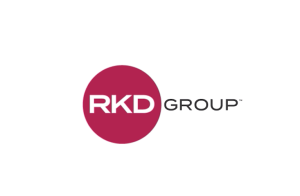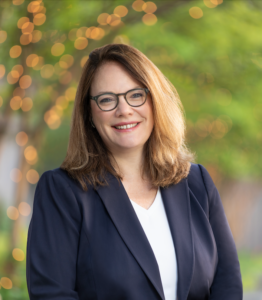A majority of Americans (52%) have high trust in “nonprofits” yet only 34% have high trust in “philanthropy.” Nonprofits had the largest trust decline of American institutions that were included in new polling by advocacy organization Independent Sector, a statistically significant 4 points.
Distrust in philanthropy increased 5 points, to 26%. This increase in distrust was driven by a substantial uptick in skepticism of high net-worth individual giving.
The rationale for the split opinion can be found in answers to two questions: How much do you trust nonprofit organizations to do what is right? How much do you trust (companies that engage in corporate philanthropy, private foundations, high net worth individuals engaged in philanthropy) to do what is right?
Data throughout the new report, “Trust In Civil Society: Headwinds and opportunities for American nonprofits and foundations,” show a nation divided with politics possibly playing a key role in the separation.
“While nonprofits remain among our country’s most trusted institutions, we see clear evidence that trust in the charitable sector is declining. This erosion of trust poses a threat that warrants our collective attention. Without trust, the challenges confronting nonprofits and philanthropy become increasingly more difficult,” according to Akilah Watkins, Ph.D., president and CEO of Independent Sector.
Proximity to nonprofit work skews the greater level of trust in nonprofits versus philanthropy, according to Jeff Moore, chief strategy officer at Independent Sector. The data “reinforces proximity” of nonprofits. “We know for sure the closer the public (is to a nonprofit) the higher the trust number. Philanthropy a little harder to get the mind around,” said Moore.
People equate nonprofits with charity, not the broader sector, Moore said. Distrust increases if people’s personal financial situation is stagnant or declining and they don’t have direct positive, personal impact.
While places of worship still top the trust indicators, those polled who identified as Republican were most likely to have high trust (62%) in them while those who identified as Democrats were a point lower and those who identified as independent were at 49%.
Those who identified as Democrats were more likely than Republicans to have high trust in civil rights organizations (64% to 37%), civic organizations (55% to 35%) and environmental advocacy groups (62% to 40%). Independents took the middle ground in those three areas.
Even though the apparent political separation is in double digits in some of the data, a majority of Americans believe it is appropriate for nonprofits to engage with policymakers and advocate for causes and the communities they serve.
The data shows a majority of Americans expect nonprofits to step into the breach in challenging situations and yet are skeptical of large institutions and are more likely to trust nonprofits that have a presence in their local community.
Some of the report’s key data points include:
- Small businesses and nonprofits are the only institutions trusted by a majority of the American public today (55% and 52%, respectively). Trust in the federal government (24%), corporations (26%), and the news media (24%) remains considerably lower.
- Trust in philanthropy held steady but remains much lower than nonprofit trust. Americans’ familiarity with philanthropy is considerably less than that of nonprofits, and this continues to result in lower overall trust in the sector, according to the report’s authors.
- Expectations for the sector continue to increase. Americans identify nonprofits almost exclusively with charities which weights their perceptions and expectations. Poll respondents said the sector exists to serve the needy and less fortunate. It is expected to operate in the “gaps,” places or issues where government, business and other institutions are ignoring or failing to make an impact. They expect to see demonstrated results (8 in 10).
- Trust correlates with personal financial health and outlook. Many Americans are facing a cost-of-living crisis. Given the sector’s identification with charities, the public sees this crisis and expects the sector to act. Meanwhile, data from the Giving USA study released earlier this year showed a decline in overall giving leaving the sector without vital financial resources.
Higher trust in nonprofits is seen among Black Americans (58%) versus White Americans (52%) with Hispanic and Asian Americans tied at 50%. Distrust in philanthropy increased among non-college educated Americans – less than a bachelor’s degree down a point to 28% and flat at 48% of those with at least a bachelor’s degree. When it came to household income, trust in philanthropy remained flat until getting to $75,000 or more, dipping 3 points to 42%.
The trends can be reversed. With the public expecting more of the sector, greater transparency on operations and good governance is needed, said Moore.
For this fourth annual report, Edelman Data X Intelligence conducted a nationally representative online survey of 3,000 U.S. adults from May 16 to June 1, 2023. The survey had a margin of error of plus or minus 2%. In addition to quantitative data, for the first time, the report also includes qualitative research in the form of online discussion boards conducted with 50 participants in August 2023 to gain deeper insights into the survey findings.









